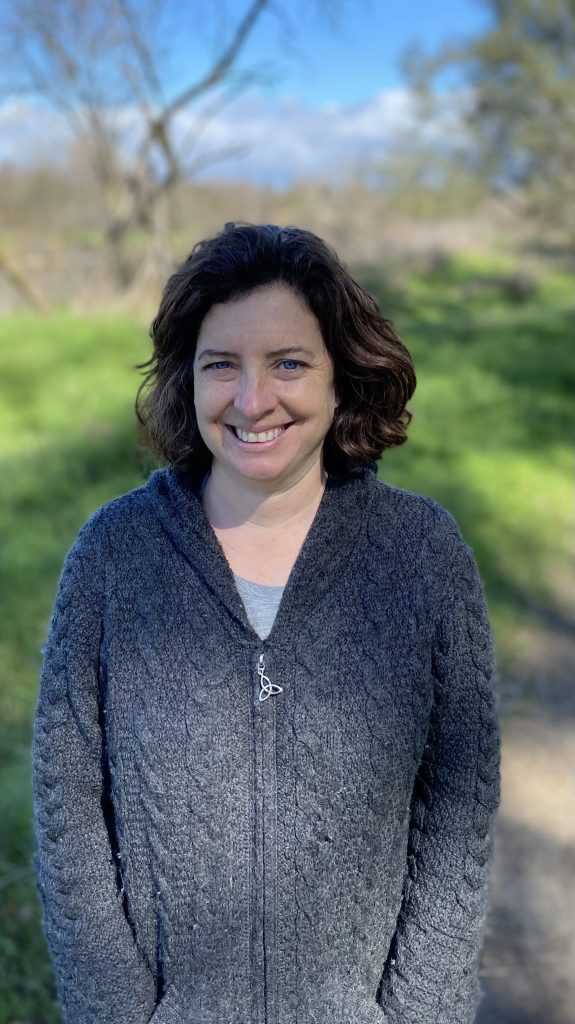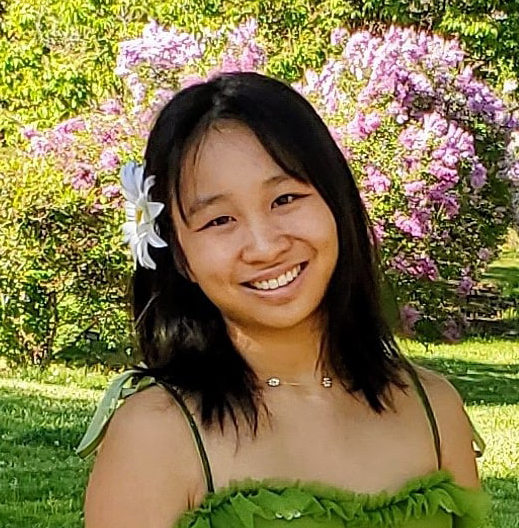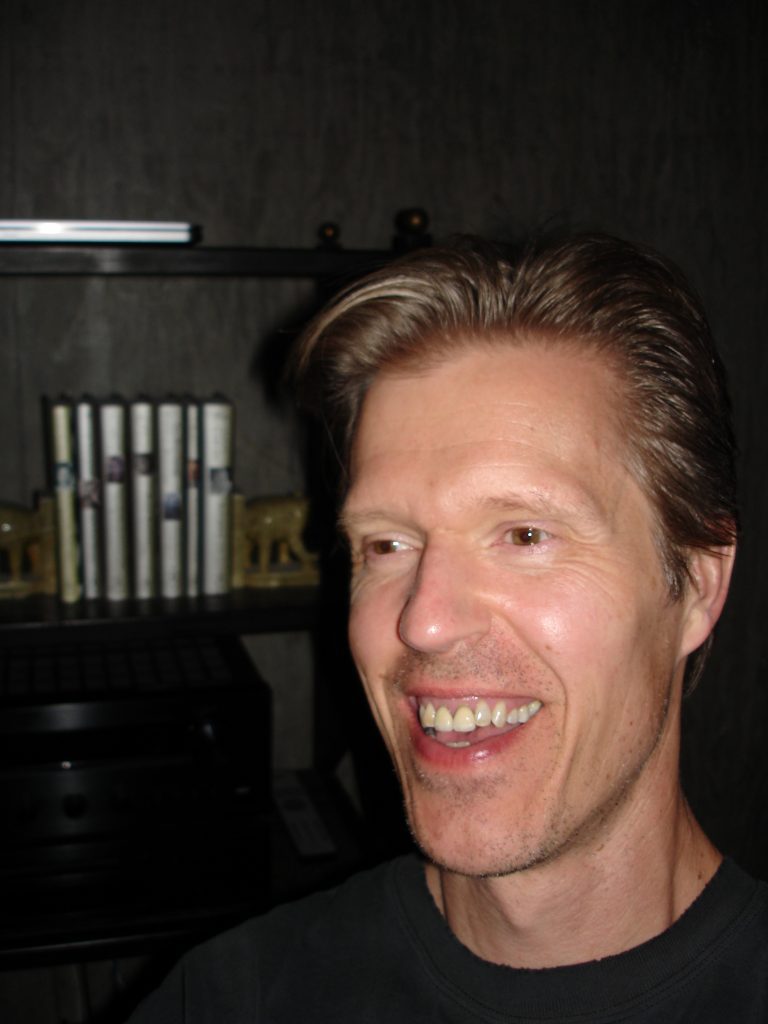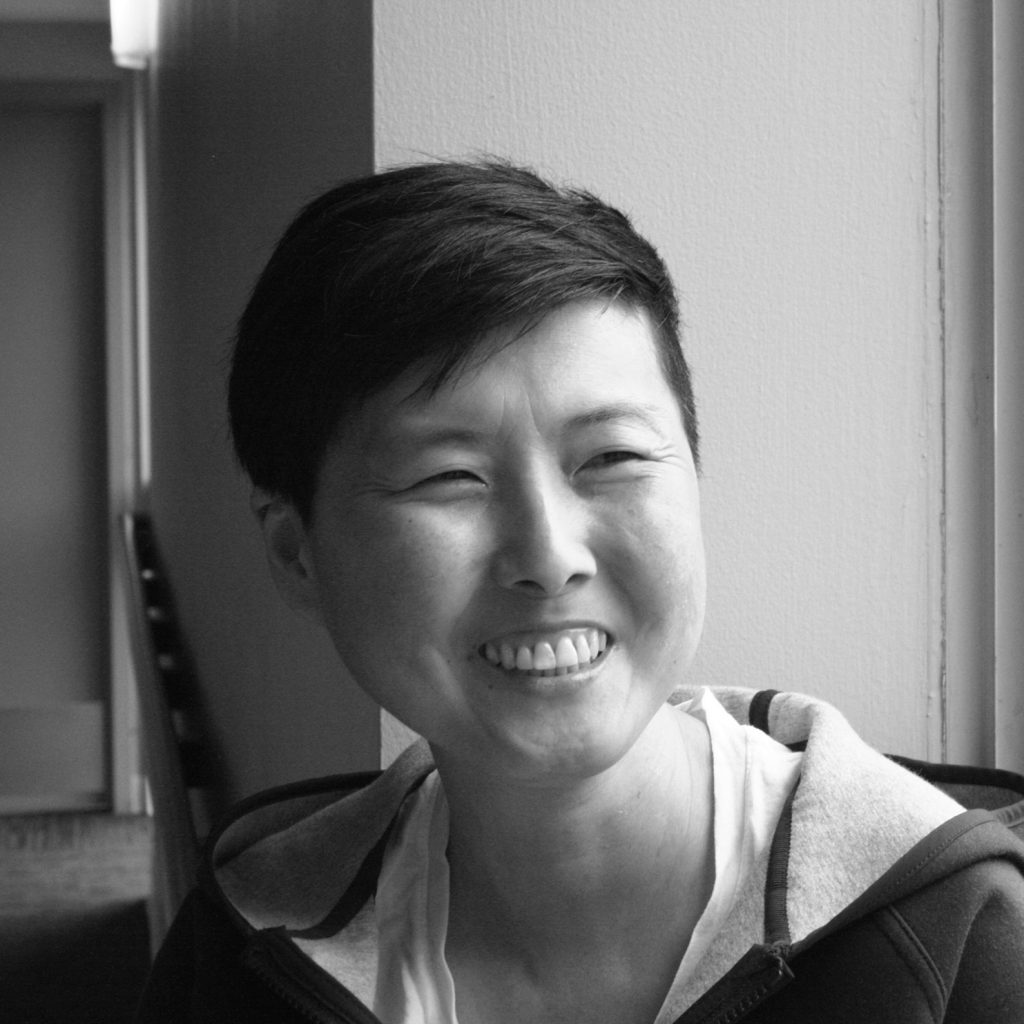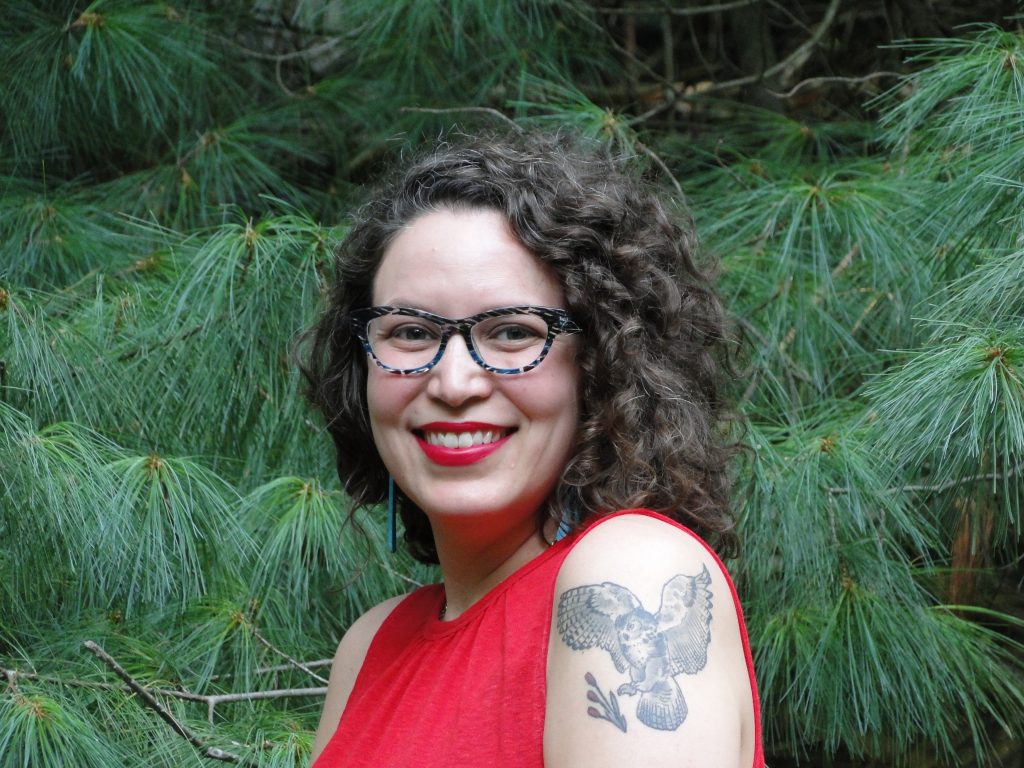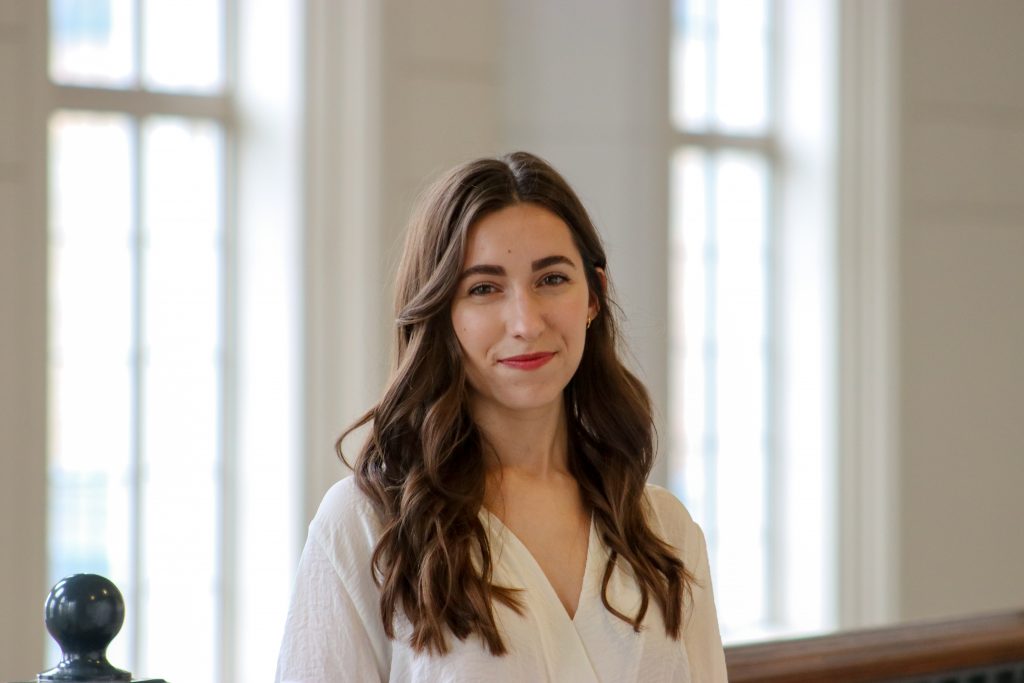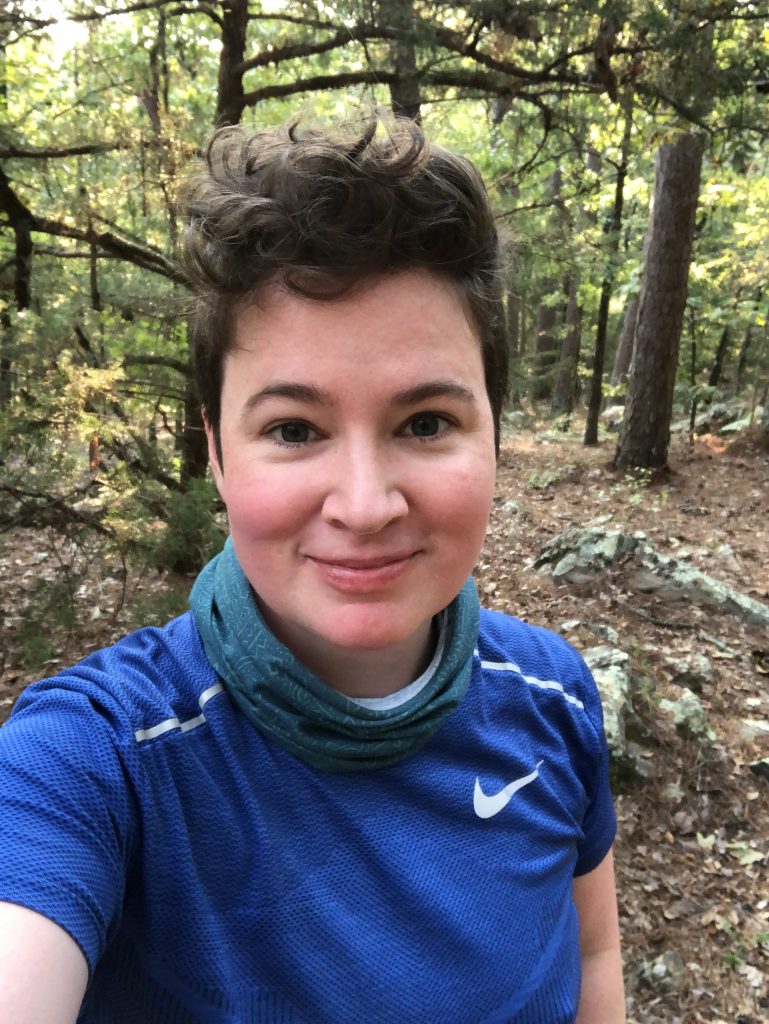A young man sang in wild tones
from isolation, in operatic moans
that filled the cathedral ceilings
of bedlam, vocalized feelings:
“I’m bored. I’m bored.
I’m really fucking bored.”
Over. And over. And over.
John Quintero was a former member of the workshop before being transferred to another facility. Highly intelligent, he writes sonnets that can be stunning. A polymath, he is able to discuss almost any topic and listen deeply.

